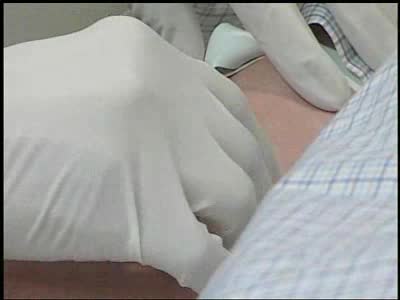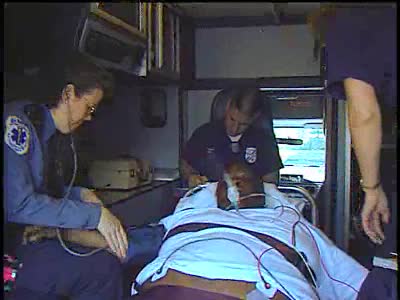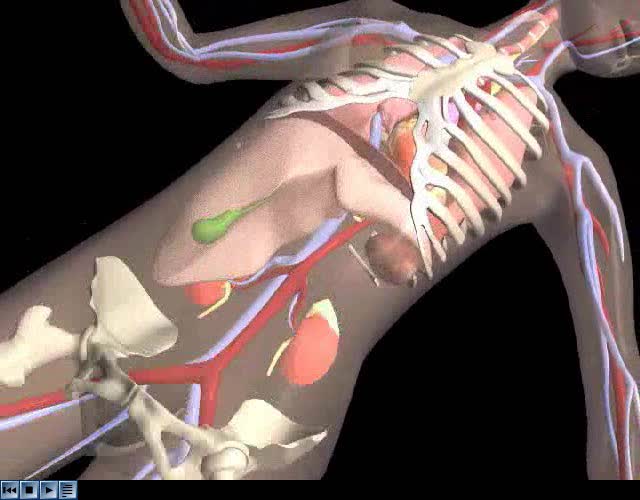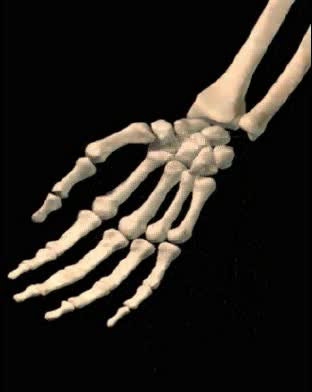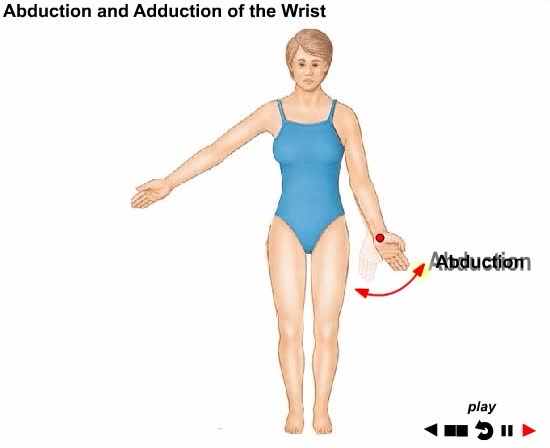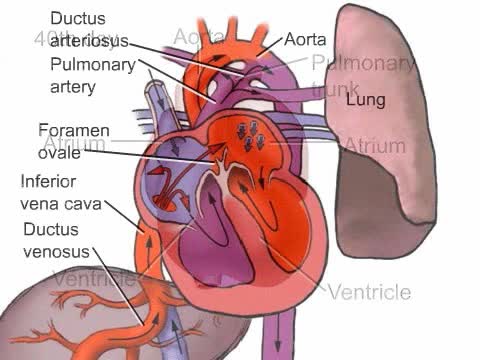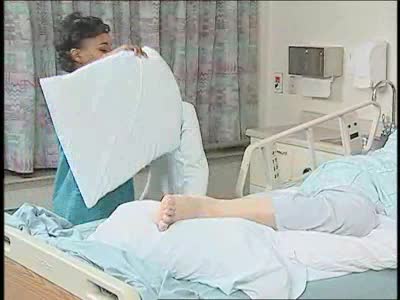Search Results
Results for: ''
Dissociative Disorders (Part 2)
By: Administrator, Views: 14294
Dissociative disorders (DD) are conditions that involve disruptions or breakdowns of memory, awareness, identity, or perception. People with dissociative disorders use dissociation as a defense mechanism, pathologically and involuntarily. Some dissociative disorders are triggered by psychological...
By: Administrator, Views: 14517
How blood is taken from a patient. Phlebotomy is the process of making an incision in a vein with a needle. The procedure itself is known as a venipuncture.
By: Administrator, Views: 14803
How smoking triggers asthma attacks and respiratory issues. Secondhand smoke is smoke from burning tobacco products, such as cigarettes, cigars, or pipes. Secondhand smoke also is smoke that has been exhaled, or breathed out, by the person smoking. Tobacco smoke contains more than 7,000 ...
Gastroesophageal Reflux Disease (GERD)
By: Administrator, Views: 14358
Gastroesophageal reflux disease, or GERD, is a digestive disorder that affects the lower esophageal sphincter (LES), the ring of muscle between the esophagus and stomach. Many people, including pregnant women, suffer from heartburn or acid indigestion caused by GERD.
By: Administrator, Views: 14370
Types of fractures: - Colles' - Pott's - Compression - Vertebral compression - Epiphyseal - Stress - Hip Closed, or simple–A completely internal break that does not involve a break in the skin (x-ray of the tibia and fibula). Note the break in the fibula (smaller bone). Open, or co...
By: Administrator, Views: 1355
Circumduction is sometimes described as simply a "circular movement" because circumduction movements of (e.g. the arm and hand) result in the outer edge of the limb (e.g. the fingertips) tracing circles in space. Another way to express this is to say that circumduction is the movement of the dist...
By: Administrator, Views: 527
Types of body movement that occur at the diarthrotic joints: - Abduction - Adduction - Circumduction - Dorsiflexion
Fetal Development of the Cardiovascular System
By: Administrator, Views: 14098
How the heart develops in the uterus.
By: Administrator, Views: 615
Anatomic: Body erect, head facing forward, arms by the sides with palms to the front; used as a standard anatomical position of reference Dorsal recumbent: On back with lower extremities flexed and rotated outward; used in application of obstetric forceps, vaginal and rectal examination, and ...
Advertisement




